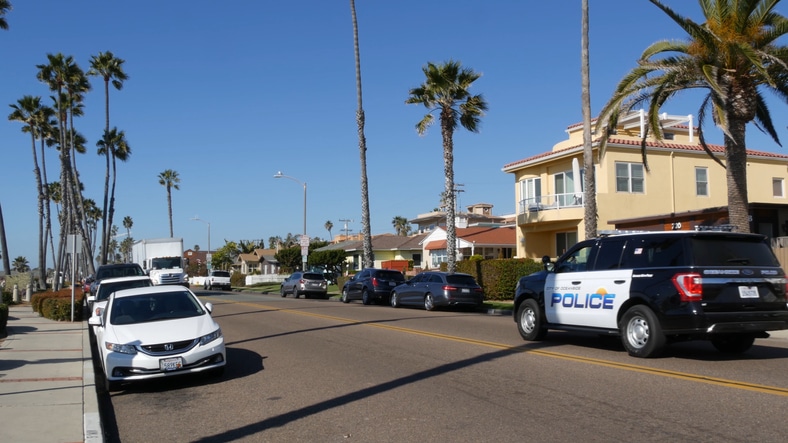On June 23, 2021, the United States Supreme Court issued its decision in Lange v. California on whether an officer in hot pursuit of a fleeing misdemeanor suspect has probable cause to pursue that suspect into a home. The Court’s answer is that favorite stereotypical answer of all lawyers: it depends.
Lange’s crime? Driving past a California police officer while playing loud music and blowing his horn. The officer followed Lange and eventually signaled for Lange to pull over. Instead of doing so Lange drove the short distance to his home and parked in is garage. The officer followed, questioned, and subjected Lange to a field sobriety test. Blood tests later showed that Lange’s blood-alcohol content was 3x the legal limit. California courts held that because Lange failed to stop and fled, the officer had exigent circumstances to follow Lange into his house.
The question of the hour was whether the officer violated Lange’s Fourth Amendment right against warrantless searches and seizures when the officer entered Lange’s garage. The Supreme Court has repeatedly made clear that in the Fourth Amendment context, “the home is the first among equals.”1 Generally speaking, for police to enter a home, a warrant is required. But, if—as California courts had held—the officer had exigent circumstances based on Lange’s decision to flee rather than stop, then there was no Fourth Amendment violation because of the exigent circumstances exception.
Generally, exigent circumstances exist when the safety of occupants of the home is an issue or when there is the risk that occupants might destroy evidence or flee. In such circumstances, officers are not required to acquire a warrant because waiting to do so is unreasonable.
In Lange, the Court held when exigent circumstances exist, officers may pursue a fleeing misdemeanor suspect into a home. So, the question of whether exigent circumstances exist in a particular case will vary wildly depending on the particular misdemeanor at issue, the particular circumstances of the case, and other factors that may exist. And as the Court acknowledged, misdemeanors vary considerably in terms of seriously, potential harm, dangerousness to others, type of evidence, etc.
Ultimately, Lange is a case that will be litigated heavily for years because every time an officer pursues a fleeing misdemeanor suspect, the circumstances will vary. The specific misdemeanor will vary. And what constitutes exigent circumstances in a one case involving a specific misdemeanor and a specific set of circumstances may or may not constitute exigent circumstances in a different case involving a different misdemeanor and different circumstances, the same misdemeanor and different circumstances, a different misdemeanor and the same circumstances, or even the same misdemeanor and similar but not identical circumstances.
1 Florida v. Jardines, 569 U.S. 1,6 (2013).

